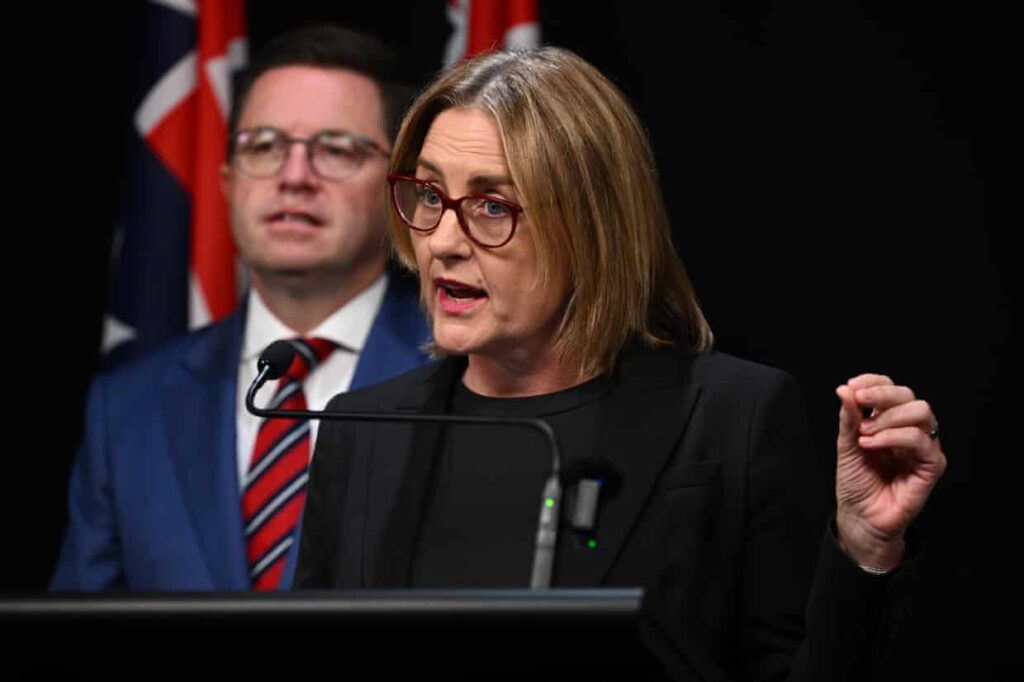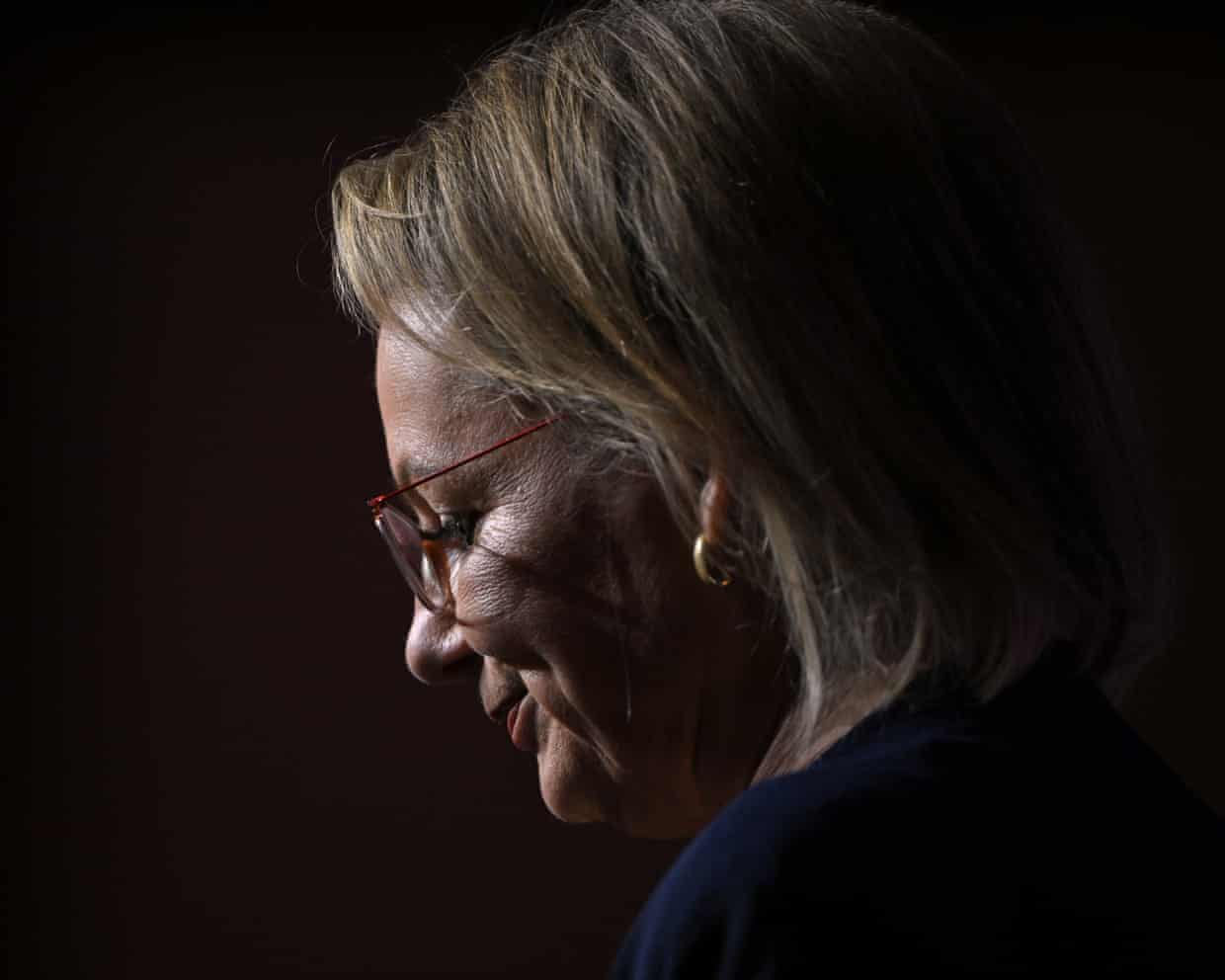
The Victorian Government has announced new legislation that allows for children as young as 14 to be sentenced as adults for certain serious crimes. This move has drawn significant criticism from various sectors, including legal experts and child welfare advocates, who argue that it may not effectively address the underlying issues of youth crime.
Under the proposed laws, young offenders will face adult penalties for crimes such as aggravated home invasion and carjacking. The maximum sentence for these offences could increase from 25 years to life imprisonment. Critics point out that this approach may introduce harsher consequences without addressing the root causes of youth violence.
Anthony Carbines, the state’s Police and Crime Prevention Minister, highlighted the need for a focus on community safety. In his statements, he emphasized that effective crime prevention must prioritize diversion programs rather than simply extending prison sentences. “Community safety is best served through prioritizing diversion wherever possible and appropriate,” Carbines said during the second reading of the bill.
The new legislation comes just months after the Victorian Government raised the age of criminal responsibility. Critics note this inconsistency, suggesting that the government is ignoring its previous stance on youth crime prevention. The National Children’s Commissioner and the Law Council of Australia are among those advocating for improved investment in crime prevention rather than increased incarceration rates.
In Queensland, similar laws allow children as young as 10 to be sentenced as adults for serious offences. These laws have faced scrutiny for potentially exacerbating the cycle of crime rather than mitigating it. The recent changes in Queensland included the addition of more than 20 offences to the list eligible for adult sentencing.
The Victorian Government’s approach appears to mirror Queensland’s, focusing on punitive measures rather than rehabilitative efforts. Critics argue this method fails to consider the complexities of youth offending, which often stem from socioeconomic factors and lack of support systems.
Public sentiment in Victoria reflects increasing concerns over safety and crime, particularly in urban areas like Melbourne. Reports of violent crimes, including home invasions and carjackings, contribute to a growing perception of disorder within communities. Jacinta Allan, the Premier of Victoria, has acknowledged these concerns, stating that the government aims to target the adults who exploit young offenders.
Despite public outcry, the government’s decision seems rooted in political strategy as the state approaches the next election. The opposition Coalition has historically campaigned on tough crime policies, and Labor’s recent announcement appears to be an attempt to preempt criticism by adopting a similarly hardline stance.
While harsh penalties may resonate with certain voters, evidence suggests that such measures do not necessarily lead to long-term reductions in crime rates. The current administration’s shift towards punitive policies raises questions about the effectiveness of their strategy in achieving genuine safety improvements.
The situation reflects a broader trend among political parties, particularly in opposition, to focus heavily on crime as a campaigning point. The Victorian Coalition’s previous commitments to enhance public safety through visible policing—such as increasing the number of security officers in public transport systems—have also shaped public discourse.
Ultimately, the effectiveness of Victoria’s new youth crime laws remains to be seen. Following through on promises to improve community safety involves more than just enacting punitive measures; it necessitates a holistic approach that addresses the underlying causes of youth crime. As the government navigates this complex issue, the focus should ideally shift towards constructive policy-making that balances public safety with the rehabilitation and support of young offenders.
The Victorian community continues to seek assurances that their concerns are being heard and that policies enacted will lead to safer environments for all.







